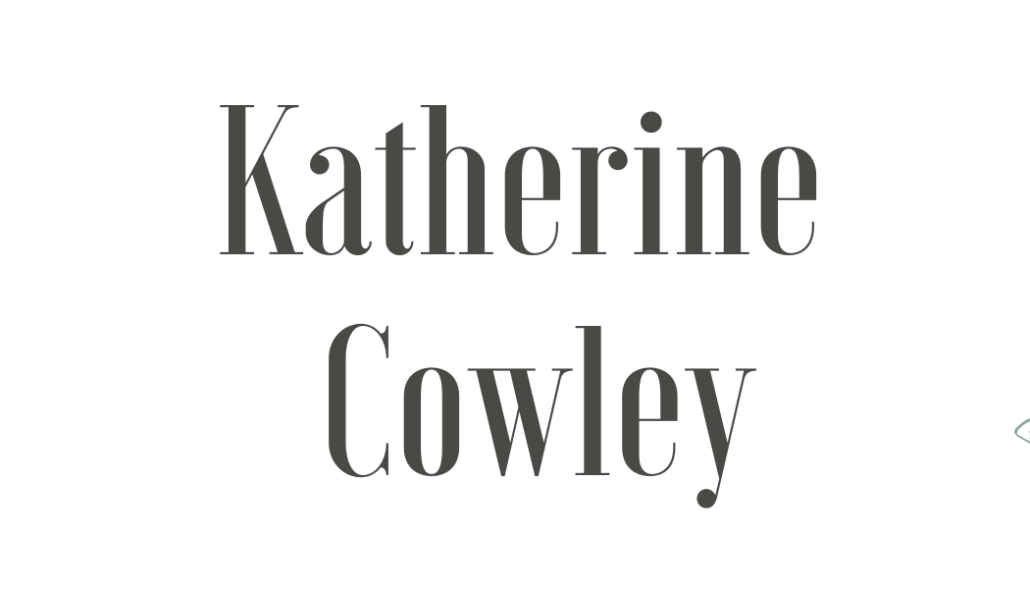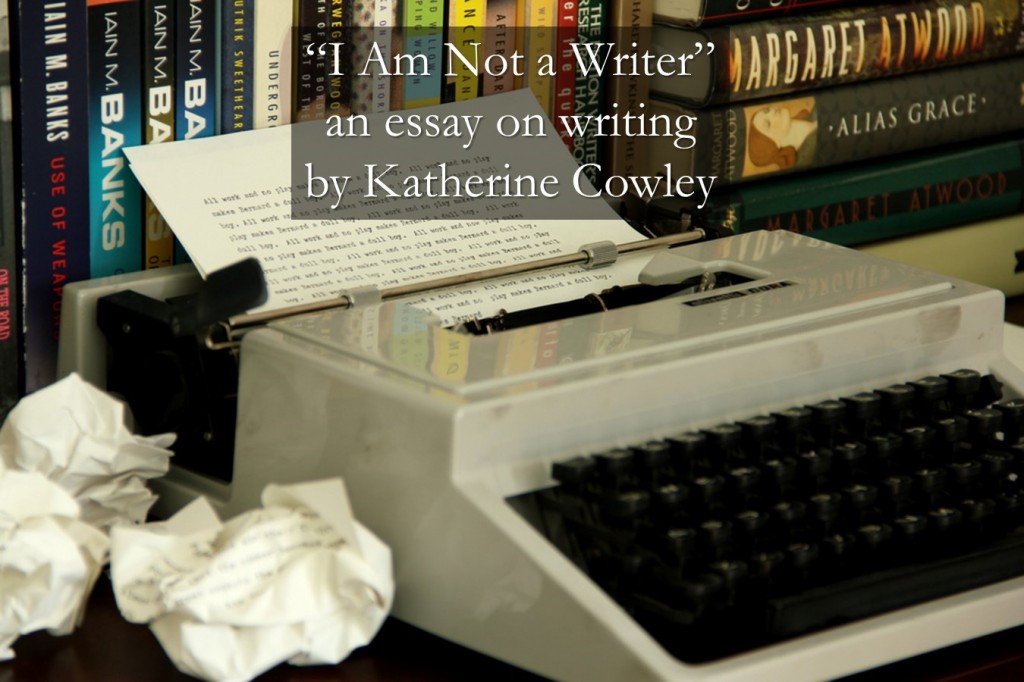Letting Go of Cynicism
I attended the same religious theater event two years in a row. The first time I found it lacking and dull; the second time I loved it. Yet nothing changed about the event itself: the costumes, acting, singing, dancing, and special effects were exactly the same. The only thing that changed was me.
The event in question was the Mesa Arizona Easter Pageant: Jesus the Christ. It’s held outside the Mesa Arizona Temple each year. In the weeks leading up to Easter, between 5,000 and 13,000 people attend the event each night. It’s been held almost every year since 1928, except for a few years during World War II.
Last year I went with my younger sister. I couldn’t get into the pageant. I mentioned to my sister that I was having trouble suspending disbelief. The prerecorded music and audio parts bothered me; the actors moved their mouths to the parts, and at times it felt like a badly dubbed film. I kept noticing the airplanes as they flew towards the Phoenix Sky Harbor International Airport. It’s a big airport, so there were a lot of distracting airplanes. There were constant noises, people getting up to go to the bathroom, and babies crying. And once you’ve been to a ballet in St. Petersburg, any dancing looks, well, bad in comparison. I also couldn’t stop thinking about the artificial nature of spectacle.
The problem wasn’t a disconnect with the subject material. I am a believer. I love the Christ story. I love Easter, and the chance it gives to celebrate Christ’s resurrection—that He died for us, and that He lives.
Last year I went to the pageant with a cynical attitude. And so while I had fun doing something with my sister and appreciated the pageant on some levels, I did not get much out of it.
I’d like to point out that a cynical attitude is not the same as an analytical one. At this point, I can’t turn off the analytical. After four years of studying humanities and film as an undergrad, two years of studying English and rhetoric as a grad student, and years since then analyzing art, I can’t turn off the analysis. I watched Gravity last weekend and I was salivating over some of those beautiful long takes that never seemed to end. If I’m really into something I can tone down my analysis, but I can’t turn it off. This year when I went to the Easter pageant I still was my normal analytical self, but I wasn’t cynical.
This year I went as an adult leader of my church’s youth group. I’m responsible for the 14-15 year old girls, but we went as a larger group, with all the 12-18 year old girls and guys in our congregation. When we got to downtown Mesa, we drove around side streets for a while until we found a place to park. Then we walked with hundreds of others to the field next to the beautiful white temple where the pageant is held.
We found the seats, about a third the way back, that some of the other leaders had saved. We ate Costco pizza and passed around a mix of homemade and store bought cookies. There were also some token carrots that almost no one touched. As we waited for the production to begin, a few of the guys played a game of Magic. One girl played on her cell phone. A guy and a girl shared headphones to listen to music. I sat next to one of the girls that no one was talking to, and I listened as she told me about school, her family, her worries and her fears. “I wish I could solve your problems,” I thought. But there was not a single one of them I could fix. I could only listen.
The sun went down. There’s something beautiful about that, about the sun setting, the day closing the same way it has since creation. As the sun sets, it’s a natural dimming of the lights and opening of the curtains, in a way that’s happened since our ancestors told stories around campfires. “I am part of a group,” I thought. “A community. We’re all here for the same reason.” I felt connected, both to the people I knew directly around me, and the thousands of people there I did not know.
The program began with a prayer, and then the music started. Jesus the Christ uses a frame story—a Roman centurion who saw Christ killed wants to learn about his life, and one of Christ’s followers narrates the story, which we see acted out on the stage. There’s beautiful dance numbers as people share their joy through movement. I loved the bright colors of the costume, and the angels in brilliant white clothes above the stage. There was a real pool of water for Jesus’ baptism. “Is that a real bird?” the girl next to me asked, as they released a bird into the night. The production featured real sheep and a real donkey, which added authenticity.
There were plenty of distractions. A group of girls from our congregation headed in a pack to the bathroom. Pizza and water bottles were passed back and forth. People shared blankets and complained about the chill. There were plenty of airplanes and a cool helicopter. A baby a few rows ahead of us cried. Behind me, I heard one of the girls whisper that her mom had been one of the dancers in the Ten Virgins scenes a few years ago. “How cool is that?” I thought. A lot of the teenagers I was with had come to the pageant every single year with their families.
The pageant featured some of the most compelling scenes from Christ’s ministry. The many healings and miracles Christ performed are shown in the course of a single song. Even though it’s clear these are actors it’s still powerful. The most spectacular moments for me were when almost the entire 450 person cast was on stage at the same time. About ten years ago I saw the opera Turandot at the Finnish National Opera house, and it had a huge cast, with beautiful, high-value production numbers. But to have 450 people dancing and moving on stage, in perfect coordination, is astounding.
At the very end of the show the resurrected Christ rises in the air. If you looked closely you could see the machine that lifted Him up, but it did not matter. It was a perfect end to the night.
A pageant was never meant to be high art. Yet it’s a beautiful form that has been used to draw people together for thousands of years. And this year, I let myself be part of the tradition.
I want to more often let go of cynicism that grips me. I want to approach art, literature, and theater with a spirit of generosity, looking not for flaws but for meaning and beauty. I want to apply that same generosity to belief, and perhaps most importantly, to the people around me. We’re all striving, we’re all imperfect, and yet there is beauty in each of us.
(Image by midiman via flickr, Creative Commons license.)


 This essay received second place in the BYU Studies 2013 Essay Contest. Original image of typewriter by
This essay received second place in the BYU Studies 2013 Essay Contest. Original image of typewriter by  Lately I’ve been more vocal about my love for reading. On social media I’ve linked to my
Lately I’ve been more vocal about my love for reading. On social media I’ve linked to my 